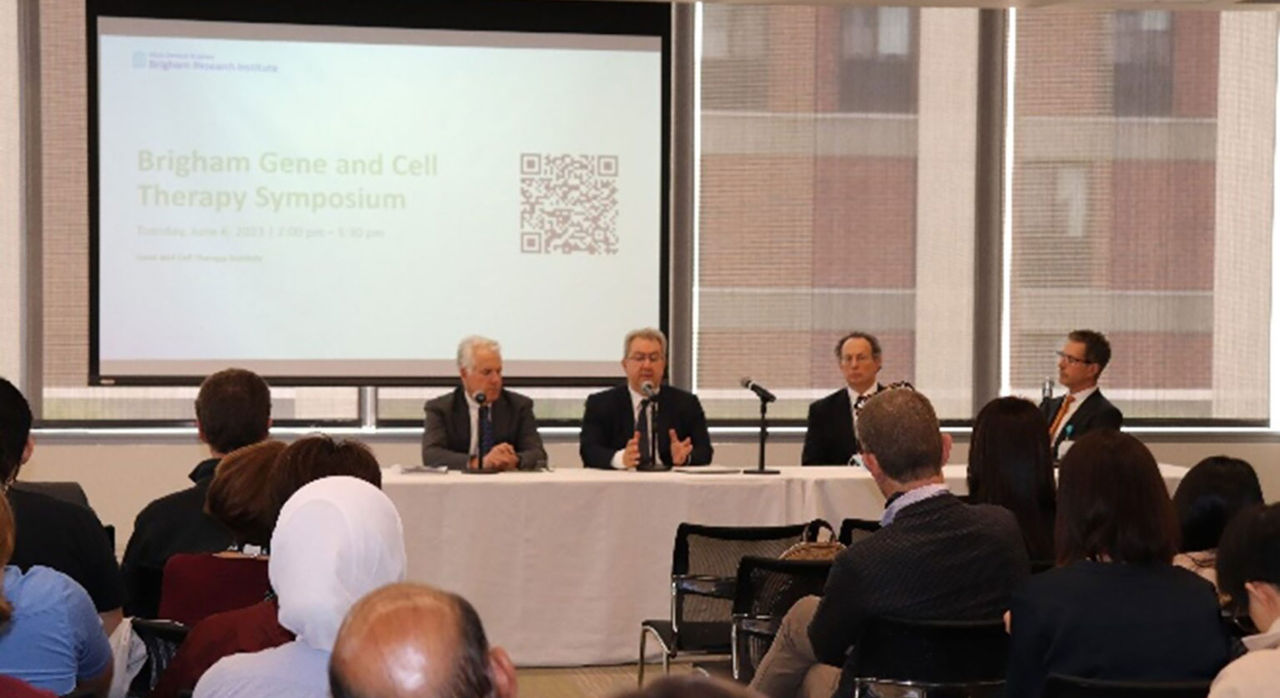-
- Find Care
-
- Visitor Information
- Find a Location
- Shuttles
- Visitor Policies
-
-
- Our Virtual Care Options
- Virtual Urgent Care
- Virtual Visits for Primary & Specialty Care
- Online Second Opinions
- Participate in Research
-
- Contact us
-
- For Innovators
- Commercialization Guide for Innovators
-
-
- Research News
- Alzheimer's Disease
- Artificial Intelligence
-
- Overview
-
- Overview
- Getting Started
- New to Mass General Brigham
- International Patient Care
- What Is Patient Gateway?
- Planning Your Visit
- Find a Doctor (opens link in new tab)
- Appointments
- Patient Resources
- Health & Wellness
- Flu, COVID-19, & RSV
- Billing & Insurance
- Financial Assistance
- Medicare and MassHealth ACOs
- Participate in Research
- Educational Resources
- Visitor Information
- Find a Location
- Shuttles
- Visitor Policies
- Find Care
-
- Overview
- Our Virtual Care Options
- Virtual Urgent Care
- Virtual Visits for Primary & Specialty Care
- Online Second Opinions
-
- Overview
- Participate in Research
-
- Overview
- About Innovation
- About
- Team
- News
- For Industry
- Venture Capital and Investments
- World Medical Innovation Forum (opens link in new tab)
- Featured Licensing Opportunities
- For Innovators
- Commercialization Guide for Innovators
- Contact us
-
- Overview
- Information for Researchers
- Compliance Office
- Research Cores
- Clinical Trials
- Advisory Services
- Featured Research
- Two Centuries of Breakthroughs
- Advances in Motion (opens link in new tab)
- Brigham on a Mission (opens link in new tab)
- Gene and Cell Therapy Institute
- Research News
- Alzheimer's Disease
- Artificial Intelligence
-
- Overview
-
- Overview
- Residency & fellowship programs
- Brigham and Women's Hospital
- Massachusetts General Hospital
- Mass Eye and Ear
- Newton-Wellesley Hospital
- Salem Hospital
- Integrated Mass General Brigham Programs
- Centers of Expertise
- Global & Community Health
- Health Policy & Management
- Healthcare Quality & Patient Safey
- Medical Education
- For trainees
- Prospective trainees
- Incoming trainees
- Current trainees
- Continuing Professional Development
Gene and Cell Therapy Symposium Features Panel Discussion, Presentations on Creating Patient-focused Institute

The Brigham Gene and Cell Therapy Symposium program at the Brigham on June 6 attracted more than 100 attendees for the opening panel discussion, moderated by Kathryn Rexrode, MD, MPH, Director, Brigham Research Institute. The event highlighted extensive gene and cell therapy expertise at Mass General Brigham and identified opportunities to ensure the system remains a leader in the field.
The panelists were:
- Paul Anderson, MD, PhD, acting chief academic officer, Mass General Brigham
- Lindsey Baden, MD, vice president of clinical research, Brigham and Women’s Hospital
- Chris Coburn, chief innovation officer, Mass General Brigham
- Roger Hajjar, MD, director, Gene and Cell Therapy Institute, Mass General Brigham
Anderson discussed the success of the Institute to date in setting up the infrastructure necessary to accommodate more than the 400 PIs currently working in GCT research in the system. Baden offered that an “action arm” of the Institute, an intensified response effort, will move projects along quickly and efficiently. Hajjar emphasized that the Institute will be a leader in manufacturing and regulatory resources needed for innovation and announced that “core” areas of the Institute include:
- In vivo testing
- Human tissue testing
- Novel editing
When asked what makes the Institute different from other similar ones, Hajjar said it is patient-focused, contrasting it to other centers elsewhere, where technology is key. “Our clinician-scientists are empowered by GCT being patient-focused.” Within the next five years, Hajjar predicted “we’ll be number one in the nation for GCT therapies and the main center for clinical projects.”
Coburn acknowledged that it’s an exciting time for the system because of its “uniform infrastructure,” which entails the vast expertise within the Mass General Brigham hospitals, who are working collaboratively. He also assured, “This is a great time to invest,” noting the system’s productive 55 portfolio companies to date.
A robust, user-friendly GCT website for PIs, as well as the public, is in the works. The first Spark Grants, from the 60 submitted proposals, will be awarded in August. Other symposia are planned to keep PIs informed about the Institute and its developments.
A Q&A followed the panel discussion before nine PIs made curated presentations of their work, from four categories. Nathan Yozwiak, PhD, head of research, GCTI, moderated.
Presenters and their projects
Viral gene therapy
AAV-based gene delivery platform for the central nervous system
Fengfeng Bei, PhD, assistant professor of neurosurgery
Strategies to cure hypertrophic cardiomyopathy
Christine Seidman, MD, professor of medicine
Nociceptor-specific gene therapy for chronic pain
William Renthal, MD, PhD, assistant professor of neurology
Non-viral platforms
Focused ultrasound for delivery of gene therapy vectors across the blood-brain barrier
Nicholas Todd, PhD, assistant professor of radiology
Beyond conventional approaches: Engineering nanodiscs and nanoshells for next-generation non-viral gene delivery
Mahmoud Nasr, PhD, assistant professor of medicine
Biomaterials for gene therapy and immunomodulation
Natalie Artzi, PhD, associate professor of medicine
Cell therapy (pre-clinical/clinical)
Engineering skeletal muscle and brown adipose tissue for cell therapy of muscle and metabolic diseases
Olivier Pourquie, PhD, professor of pathology
Breaking barriers in cancer research: Leveraging a patient-derived translational research platform to elucidate cell therapy activity
Aaron Goldman, PhD, instructor in medicine
Translation
The concept of innovation and orchestration: Translating cell and gene therapies from bench to bedside
Khalid Shah, PhD, professor of neurosurgery
A reception followed the event.